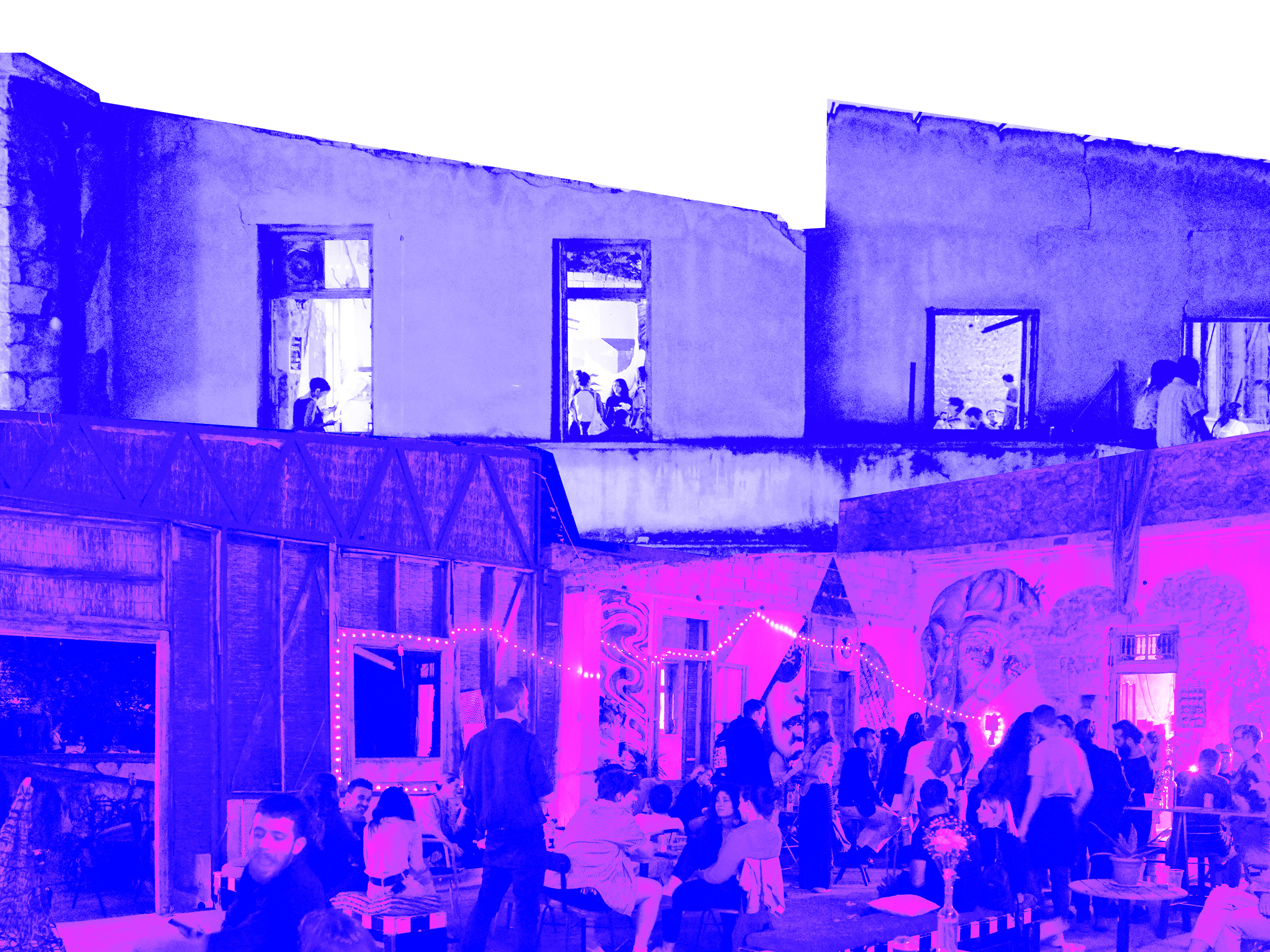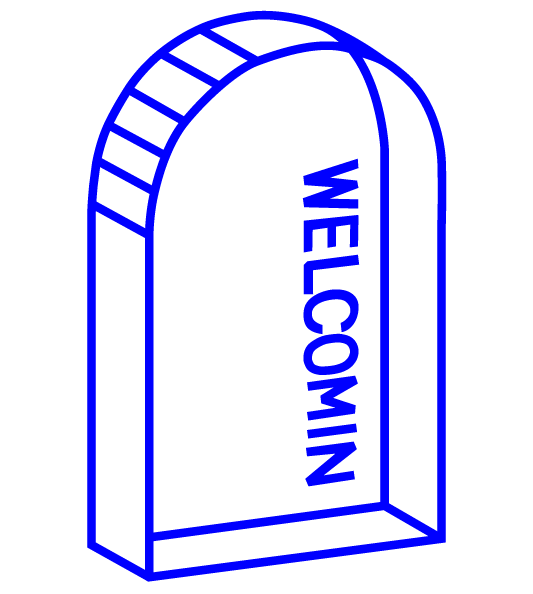Caring for Space, Spaces for Caring is a photographic and video exhibition that captures how communities across Europe reclaim vacant buildings and abandoned sites as spaces of care, creating urban commons that are both generative and resilient. From Athens to Brussels, from refugee shelters in Bosnia to artist compounds in Marseille, these initiatives transform fragility into resilience, turning occupation into a practice of care, resistance, and collective imagination for more inclusive urban futures.
Over the past 15–20 years, an increasing number of vacant buildings have been reclaimed by and for communities through various policies, local agreements, and initiatives—whether professionally coordinated or spontaneously led by engaged citizens.
Often referred to as urban commons, third spaces, or community spaces, these reclaimed sites reflect a collective desire to reappropriate care as an essential part of everyday life—care for oneself, for others, and for the shared environment. They serve diverse functions: from cultural and artistic activities to neighborhood facilities, from leisure spaces to shelters for vulnerable individuals, and from community kitchens to children’s playgrounds. These initiatives act as living laboratories, reinventing welfare by organizing care practices to meet society’s emerging needs. In doing so, they foster democratic governance models, empower individuals, and strengthen communities.
While abandoned spaces are being cared for, their spatial morphology plays a crucial role in shaping care practices, resulting in site-specific assemblages and synergies of activities, resources, capacities, and communities. Despite their growing recognition by public administrations and advocacy by engaged communities, these care and welfare infrastructures often remain fragile, constrained by predominantly short-term occupancy arrangements.
Caring for Space, Spaces for Caring: Reclaming care and the city towards an ecological welfare uses photography and video to capture the unique spatial and social assemblages that make these spaces both generative and resilient. Without glossing over the vulnerability and ephemerality inherent in their precarious occupation, the exhibition aims to recognize, document, and showcase the intangible yet invaluable richness of the human, relational, and socio-spatial processes of care and welfare that characterize these spaces, in direct contrast to privatization.

The exhibition features work stemming from various cities in Europe: Athens (Greece), Bihac (Bosnia Herzegovina), Kamza (Albania), Marseille (France), and of course Brussels (Belgium). From reclaimed heritage buildings to empty retirement homes turned into refugee shelters, from artists compounds to reclaimed brown fields, these spaces nurture alternative ways of thinking our communities. Together, these stories of occupation, transformation, and resilience show how communities reclaim space as a way of practicing care, resisting privatization, and shaping more collective urban futures.
The exhibition will feature the photographic and video work of Brieuc Van Elst, Communitism, Grupi Ata, Marie Trossat, Milena Desse, Romain Silvi, Lauren Lenoir, Tessa Kraan, and Toha de Brant, as well as drawings by Dimitri Machas. It is part of the research project WELCOMIN, and is curated by Verena Lenna and Arshia Ali Azmat.
With the support of Fédération Wallonie-Bruxelles, Cellule architecture, Innoviris Brussels & Brussels Centre for Urban Studies (Vrije Universiteit Brussel). Visual image (c) Marie Trossat
